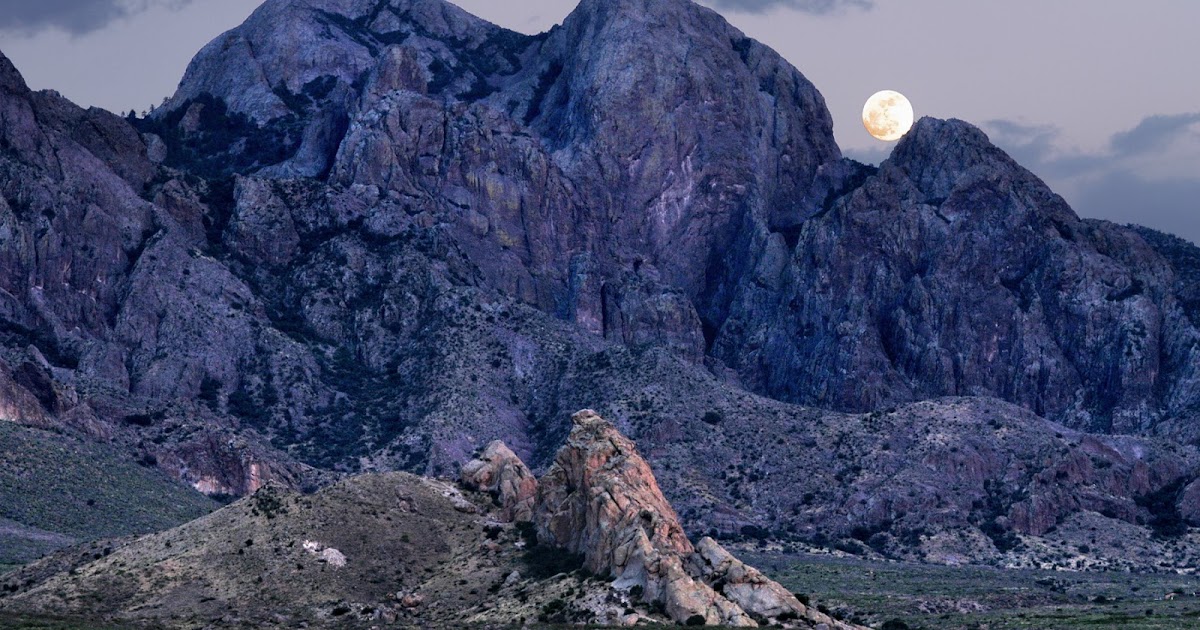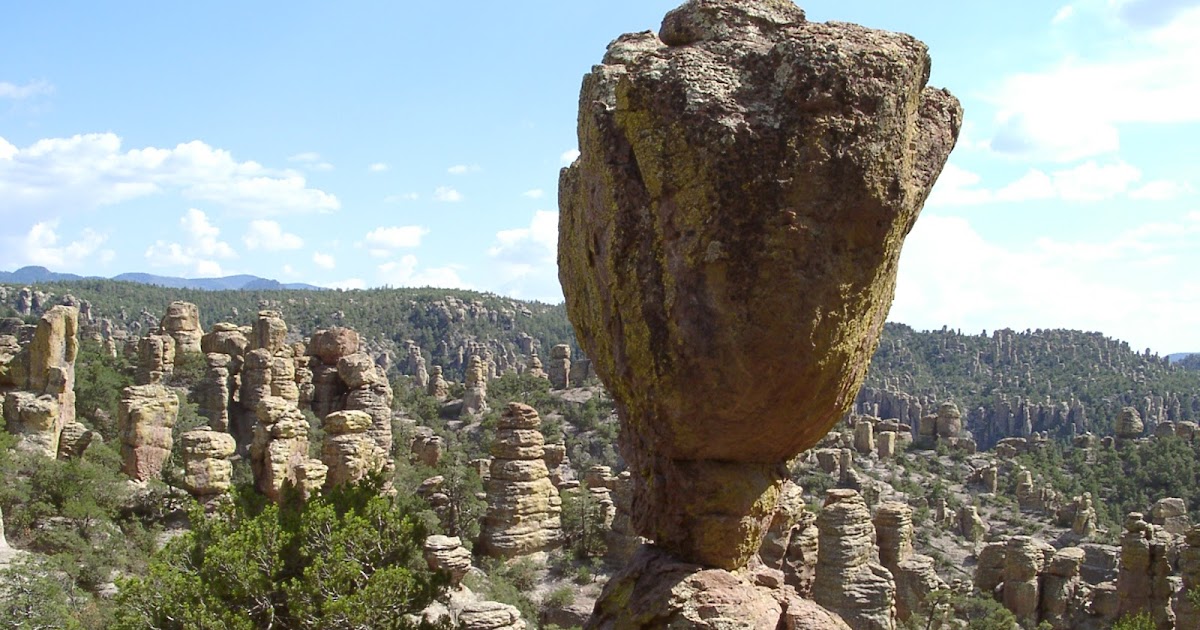Explore articles from 2017 here:
https://sites.google.com/view/nationalmonumentsindanger/news-and-updates/2017-news-and-updates
No new oil and gas leases. No more shrinking monuments. Free entrance to national parks.
That’s what Sen. Elizabeth Warren (D-Mass.) would do if she becomes president, according to a new plan for public lands she is touting in Salt Lake City and Aurora, Colorado this week.
“The Trump administration is busy selling off our public lands to the oil, gas and coal industries for pennies on the dollar,” Warren wrote in her plan. “It doesn’t have to be this way.”
Warren is the one of the first Democratic candidates to roll out a public lands plan.
National Parks Traveler
Economic Study Looks At Value Of Renaming National Monuments As National Parks
Donald Trump has signed a sweeping new public lands bill that protects 1.3m acres of wilderness and creates monuments to US history that has been overlooked, including the African American experience in the civil war and the fight for civil rights.
Years in the crafting, the measure will designate 367 miles of new scenic rivers and 2,600 miles of new national trails. It protects nearly 500,000 acres in California alone, and enlarges both Death Valley and Joshua Tree national parks. And it reauthorizes a crucial funding mechanism for land and water conservation that had lapsed.
Last year, the NPS tackled $671 million worth of deferred maintenance projects—one of its highest annual totals. Yet the agency’s 2018 assessment of its more than 75,000 assets—for example, visitor centers, cultural artifacts, historic buildings, cemeteries and battlefields, marinas, electrical and water systems, campgrounds, and memorials—showed that deferred repair needs add up to $11.9 billion, a $300 million increase from 2017.
That sobering news came less than a month after lawmakers in the House and Senate reintroduced bipartisan legislation to address the backlog by providing consistent federal funding to park maintenance. The Restore Our Parks Act in the Senate and the Restore Our Parks and Public Lands Act in the House would direct up to $6.5 billion over five years to priority repairs; the bills are broadly supported by rural and urban communities, businesses and chambers of commerce, tourism groups, tribes, local officials and visitors’ bureaus, veterans’ groups, outdoor recreation associations, conservation organizations, and others.
Cost of Unaddressed National Park Repairs Grows to Nearly $12 Billion
Additionally, protected areas with tourism components — like a national park — had 17 percent higher levels of wealth compared to similar households that were far from a protected area. According to reporting by Science Daily, “Many of the positive impacts of protected areas in this study were found in protected areas with established tourism.”
5 Tips for Responsibly Visiting Parks During the Shutdown
Lee said he’d let the bill proceed if he could shield Utah from a different law — the Antiquities Act, which allows presidents to protect land by declaring it a monument. Lee demanded senators add two words to the bill.
“Two words,” he said on the floor. “The words ‘or Utah.’”
"Leaving the parks open without these essential staff is equivalent to leaving the Smithsonian museums open without any staff to protect the priceless artifacts. Yet as a result of the government shutdown, which furloughed most park staff, this is what has happened. It is a violation of the stewardship mandate, motivated only by politics."
Pew: Potential for 100,000-Plus Jobs If We Fix Our Parks
Analysis of National Park Service data shows possible employment impact in every region
National Parks Traveler:
Traveler's View: Keeping Parks Open During Government Shutdown Is Bad Idea
2018 Year In Review: A Look Back At The Top Stories Involving National Parks
Musings On National Park Crowds And Ed Abbey
https://www.nationalparkstraveler.org/2018/12/musings-national-park-crowds-and-ed-abbey

